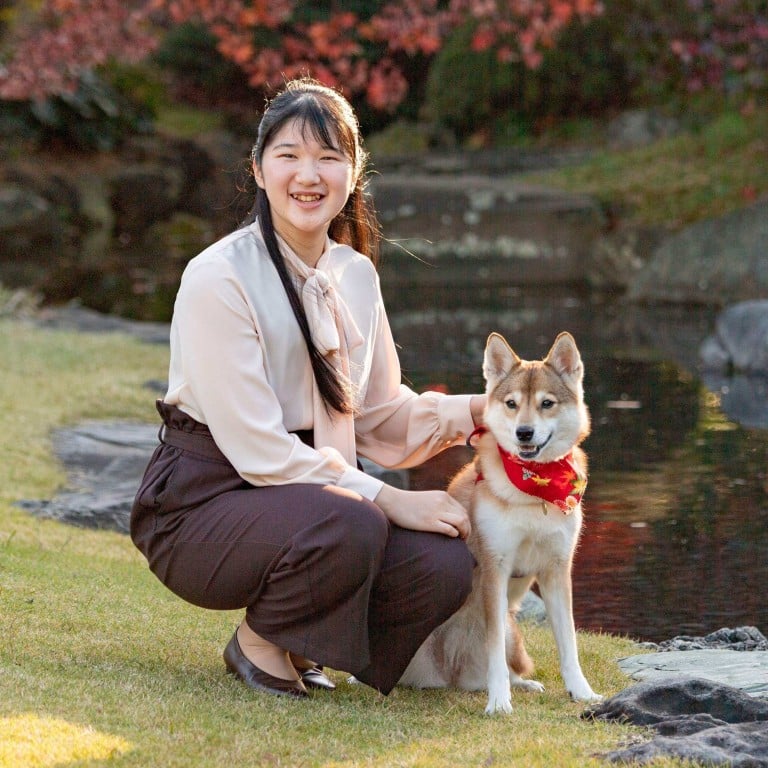Advertisement
Advertisement
Advertisement
Is Japan’s Princess Aiko destined for the same fate as Princess Mako? The only child of the emperor coming of age highlights the big problem with the imperial family – it’s shrinking
STORYBusiness Insider

- Just turned 20, Princess Aiko is the only child of Emperor Naruhito and Empress Masako of Japan, but as a woman, she will never ascend the Chrysanthemum throne
- And if she marries a commoner like Princess Mako, the law will force her to renounce her title and role in the family entirely – so is it time things changed?
Princess Aiko, daughter of Japan’s emperor has officially come of age after turning 20 on December 1.

The only child of Emperor Naruhito and his wife Empress Masako, Aiko currently studies Japanese literature at Gakushuin University in Tokyo, according to Royal Central.
Aiko is coming of age at a tipping point for Japan’s Imperial Household
Advertisement

According to Japanese online magazine Nippon.com, Aiko will hold a press conference in March 2022 to speak about reaching adulthood, which under the current civil code in Japan takes place at the age of 20.
While the family prepares to celebrate, Aiko’s transition into adulthood serves as a stark reminder of a key issue the Imperial Household of Japan is currently grappling with: that it is shrinking.
Princess Aiko’s gender means she will never be Empress of Japan

Japan’s royal family faced perhaps the most scrutiny in its modern history in the lead up to Aiko’s cousin Princess Mako’s wedding back in October this year. Mako’s relationship with her husband, Kei Komuro was seen as controversial because of reports his mother was involved in a financial dispute with an ex-partner.
The case led to insinuations among the public he was a “gold-digger” according to The New York Times.

The Imperial Royal Household still operates under a male-preference primogeniture system, meaning only male heirs can ascend to the Chrysanthemum throne. By contrast, female royals in Japan are required under the country’s 1947 Imperial House Law to renounce their title and position in the family completely when they marry commoners.